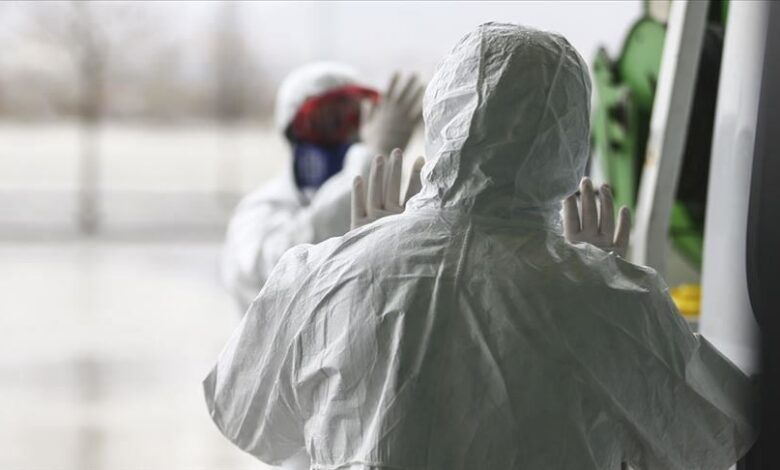
The Director of the West African Centre for Cell Biology of Infectious Pathogens (WACCBIP) at the University of Ghana, Professor Gordon Awandare is calling for stricter adherence to the safety protocols following revelations that the UK-variant of COVID-19 is predominant in the country.
WACCBIP in a recent survey identified that the UK variant of COVID-19 known to mutate and spreads faster is currently predominant in the country.
Professor Awandare has confirmed that the new variant is driving the local transmissions in Ghana.
He explained in a Citi News interview that the situation is worrying but can only be properly managed if Ghanaians to adhere to the protocols.
“What is clear is that, if you take samples at random, most of them is the UK strain. That is what is clear. I think that this disease is not going to go away if people don’t take the protocols seriously. If people don’t stop the gatherings, don’t wear their masks, social distance or wash their hands, they will be infected. So people need to be on high alert”, he admonished.
This new variant, which is also known as B.1.1.7 SARS-CoV-2, is one of a few mutated strains of the virus which scientists say could be more contagious and is fast-spreading in about 70 countries worldwide.
WACCBIP arrived at this conclusion through its January sequencing of samples from its sites across the country.
“Data shows clearly that B.1.1.7 (first reported in the UK) is now the predominant strain driving local transmission in Ghana,” Director of the WACCBIP, Dr. Gordon Awandare said in a Facebook post.
There are currently 6,095 COVID-19 active cases in Ghana.
Nine more people have succumbed to the virus, putting the death toll at 449 while cumulative infections stand at 70,046 with 63,502 recoveries/discharges.
Source: citinewsroom






